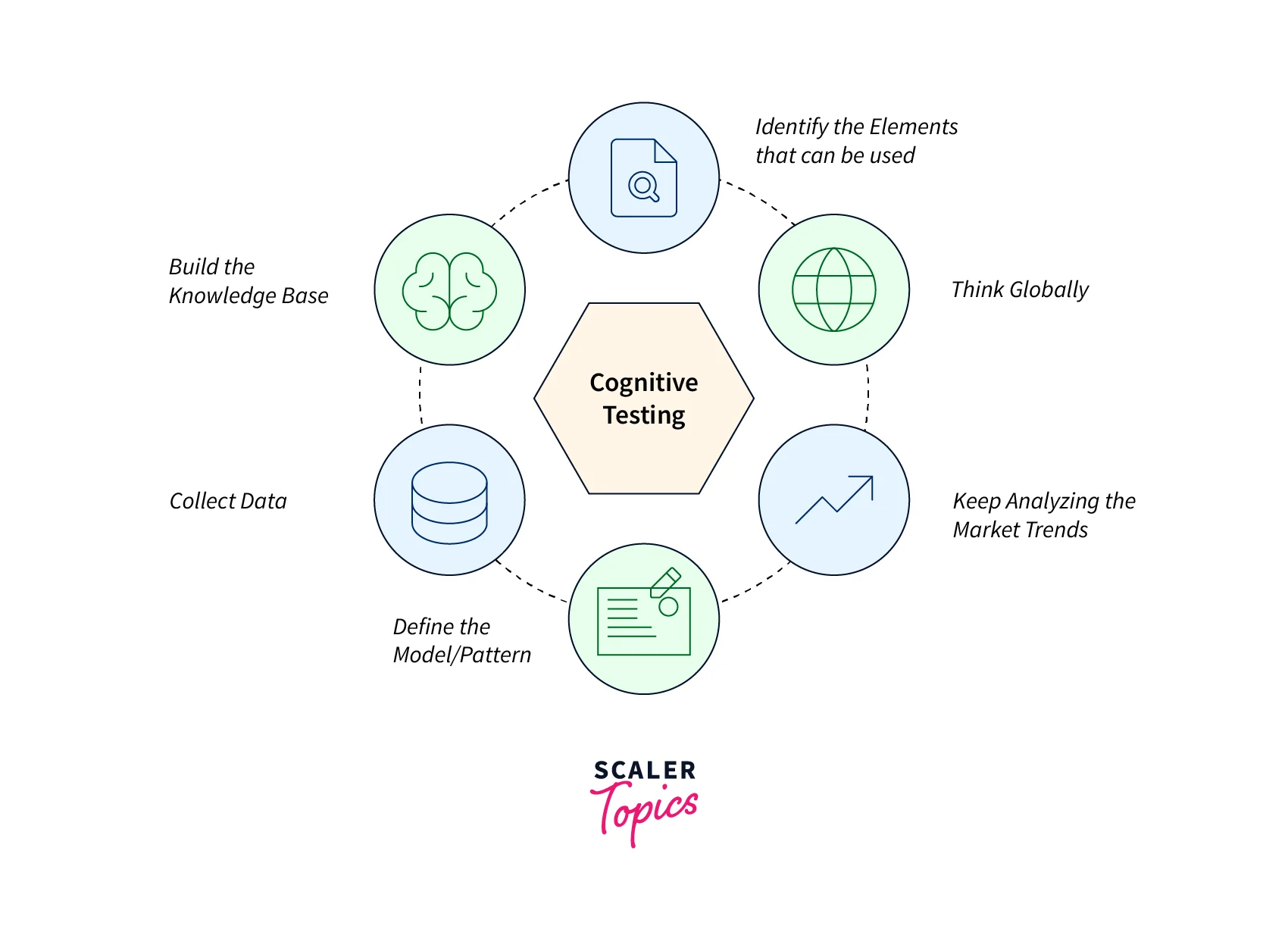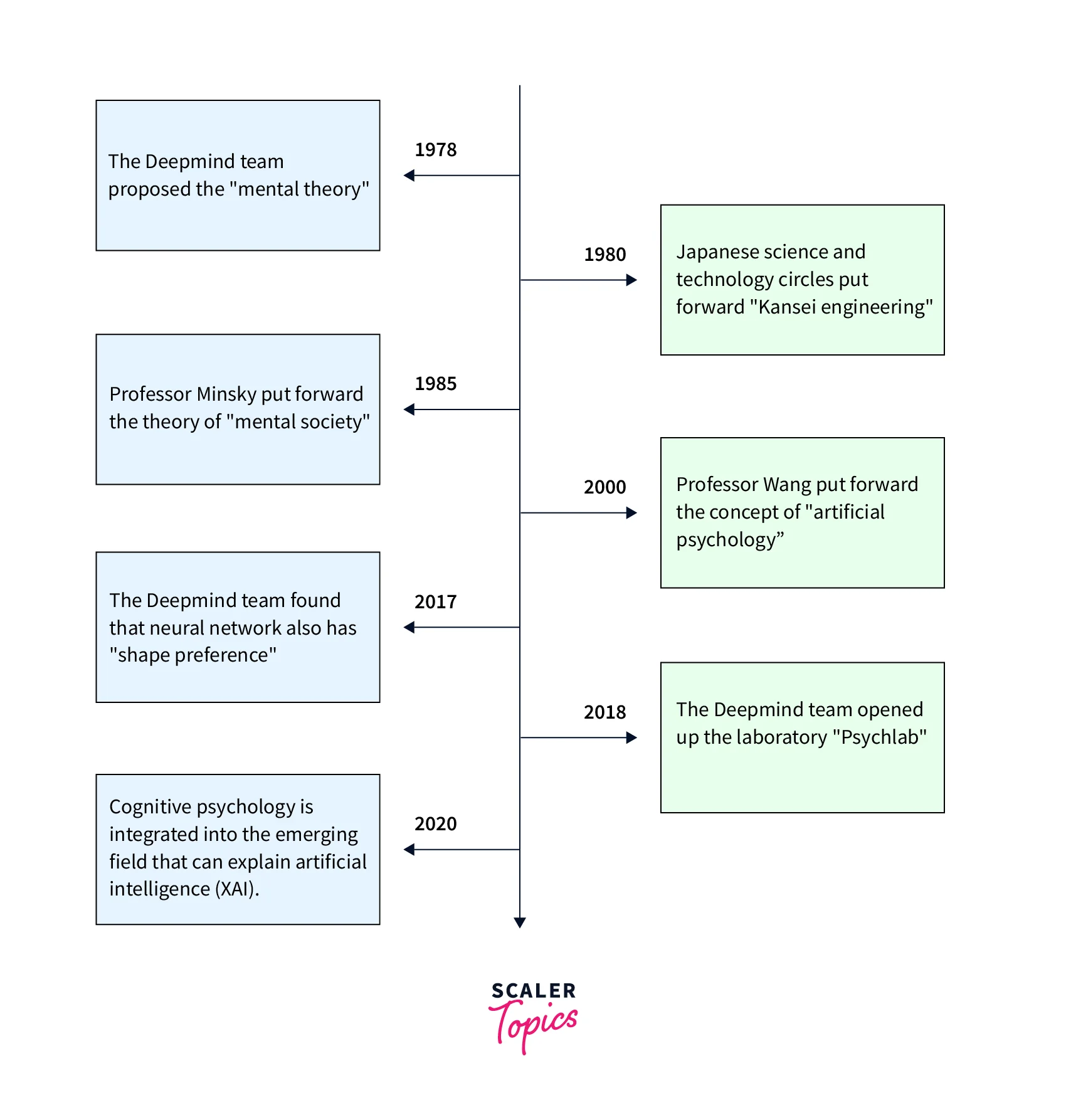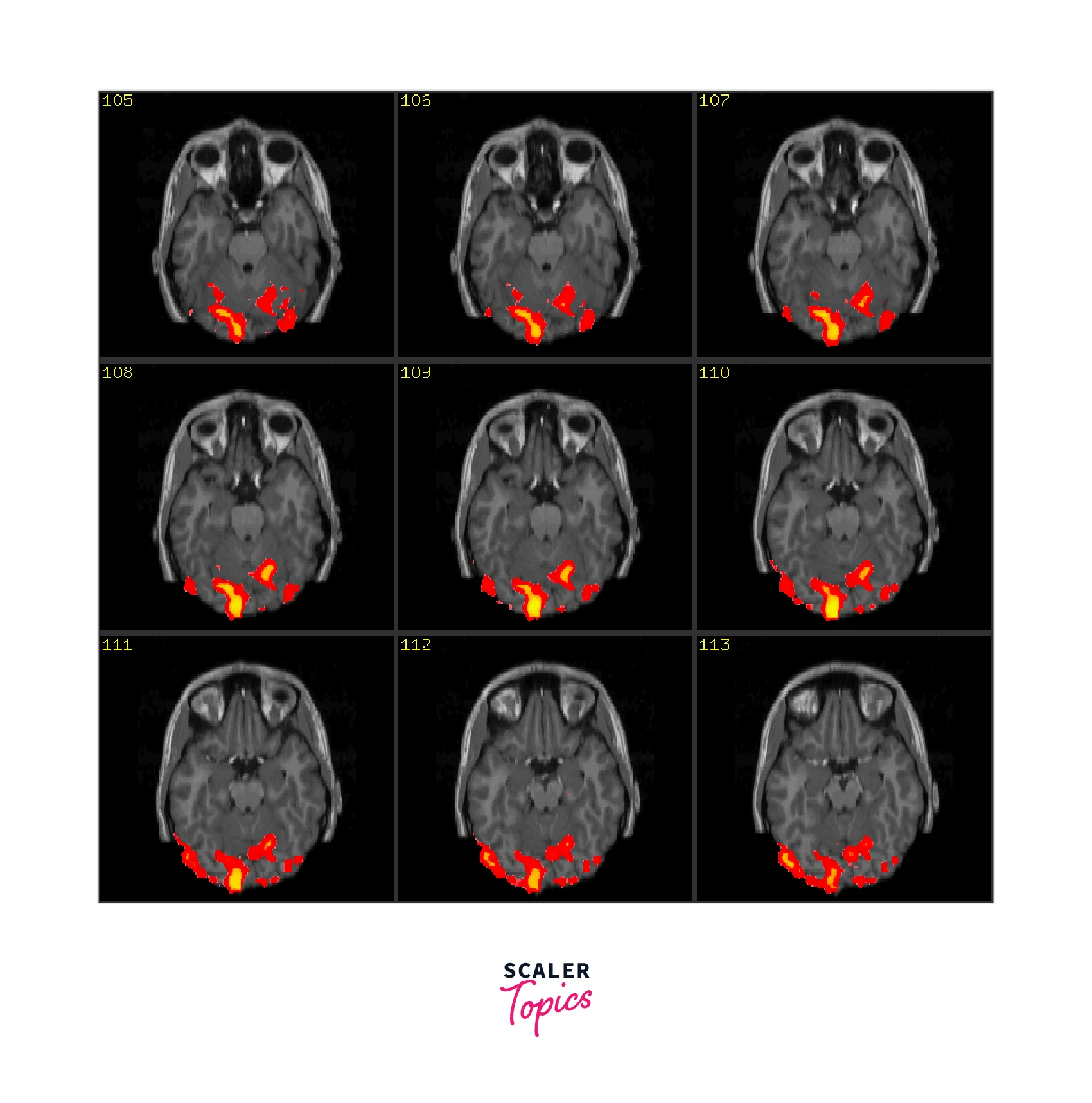AI in Psychology
Overview
In recent years, Artificial Intelligence (AI) has made significant strides in a variety of fields, including healthcare, finance, and transportation. One area that is rapidly growing in importance is the application of AI to psychology.
With its ability to process large amounts of data quickly and accurately, AI has the potential to revolutionize the field of psychology and improve the lives of individuals who are struggling with mental health issues.
Introduction
Psychology is the scientific study of behavior and mental processes, and it encompasses a wide range of subfields, including social, developmental, and cognitive psychology. AI, on the other hand, involves the development of algorithms that can learn from data and make decisions based on that information. The intersection of these two fields has led to the development of a new area of study known as "Psychology in AI".
Artificial Intelligence in Psychology
AI has numerous applications in the field of psychology. For example, it can be used to analyze large data sets to identify patterns and correlations between various psychological variables. This can help researchers to better understand the factors that contribute to mental health issues, such as depression and anxiety, and to develop more effective treatments.
AI can also be used to develop virtual assistants or chatbots that can provide psychological support and counseling to individuals who are struggling with mental health issues. These virtual assistants can be accessed 24/7, which can be particularly beneficial for individuals who live in rural areas or who have difficulty accessing traditional mental health services.
Examples of AI in Psychology
- Virtual Therapists:
Virtual therapists are a type of AI-powered chatbot that provides mental health counseling to individuals. These virtual therapists use natural language processing and machine learning algorithms to analyze a patient's speech and provide appropriate responses. They can be accessed 24/7, making them a valuable resource for individuals who have difficulty accessing traditional mental health services. - Suicide Prevention:
Machine learning algorithms can be used to analyze social media data to identify individuals who may be at risk for suicide. For example, researchers have developed an algorithm that analyzes tweets and other social media posts to identify individuals who may be experiencing suicidal ideation. This information can then be used to provide targeted interventions and support. - Cognitive Testing:
Machine learning algorithms can also be used to analyze data from cognitive tests to identify patterns and predict future cognitive decline. This can help researchers to better understand the cognitive processes underlying conditions such as dementia and Alzheimer's disease.
- Brain Imaging:
Machine learning algorithms can be used to analyze large data sets of brain scans to identify patterns and correlations between various brain regions and cognitive processes. This can help researchers to better understand the neural mechanisms underlying cognitive processes such as attention, memory, and decision-making. - Diagnosis and Treatment Planning:
Machine learning algorithms can be used to develop more accurate diagnostic tools for mental health conditions, such as depression and anxiety. These algorithms can analyze a patient's symptoms, medical history, and other data to identify the most likely diagnosis and develop a personalized treatment plan. - Personalized Treatment:
Machine learning algorithms can be used to develop personalized treatment plans for individuals with mental health issues based on their characteristics and symptoms. For example, algorithms can analyze a patient's medical history, genetic data, and other factors to identify the most effective treatment options.
How to Use AI for Psychological Testing?
AI can be used for psychological testing to enhance the accuracy and efficiency of the assessment process. Here are some ways AI can be used for psychological testing:
- Automated Scoring:
AI-powered algorithms can be used to automatically score psychological tests, such as personality tests or cognitive tests. This can save time and reduce the potential for human error in scoring. - Adaptive Testing:
Adaptive testing can adjust the difficulty level of the test questions based on a test-takers previous answers. This can improve the accuracy of the assessment by tailoring the test to the individual's abilities and avoiding overly easy or difficult questions. - Natural Language Processing:
AI-enabled natural language processing can be used to analyze a test-takers written responses to open-ended questions. This can provide valuable insights into the individual's thought processes and emotional states. - Biometric Data Analysis:
AI-powered algorithms can analyze biometric data, such as heart rate and facial expressions, to provide additional insights into an individual's emotional states and cognitive processes during the testing process. - Predictive Analytics:
AI-powered predictive analytics can be used to identify patterns in psychological test data that may indicate the likelihood of certain mental health conditions or cognitive impairments. This can help clinicians to make more accurate diagnoses and develop more effective treatment plans.
Artificial Intelligence in Cognitive Psychology
Cognitive psychology is the study of mental processes such as attention, perception, memory, problem-solving, and decision-making. AI can be used to enhance the study of cognitive psychology in several ways:
-
Modeling Cognitive Processes:
AI can be used to model cognitive processes in the brain, allowing researchers to test theories about how the brain works. For example, AI algorithms can be used to simulate how the brain processes visual information, allowing researchers to better understand the mechanisms of perception. -
Automated Data Analysis:
AI algorithms can be used to analyze large data sets of cognitive performance, allowing researchers to identify patterns and correlations that might be difficult to discern with traditional statistical methods. This can help researchers to develop more accurate models of cognitive processes and better understand how they relate to behavior.
-
Virtual Agents:
AI-powered virtual agents can be used to study social cognition and human interaction. Virtual agents can be programmed to exhibit specific behaviors and respond to human interactions in different ways, allowing researchers to study how people respond to different types of social cues and situations. -
Neural Imaging:
AI can be used to analyze data from functional magnetic resonance imaging (fMRI) scans, which measure blood flow in the brain and provide information about neural activity. AI algorithms can be used to identify patterns and correlations between different brain regions and cognitive processes, allowing researchers to better understand the neural mechanisms underlying cognitive processes.
AI-Based Psychology Apps
AI-based psychology apps are another promising area of development. These apps can use machine learning algorithms to analyze a user's behavior and provide personalized recommendations for improving mental health. For example, an app might recommend meditation or exercise based on a user's stress levels and sleep patterns.
Applications of AI in Psychology
AI has a wide range of applications in psychology. Here are some real-life examples and use cases:
-
Mental Health Diagnosis:
AI algorithms can be used to analyze data from psychological tests, patient histories, and biometric data to help diagnose mental health conditions. For example, AI-powered tools can be used to identify patterns in speech and language that may be indicative of depression or anxiety. -
Therapy and Counseling:
AI-powered chatbots can be used to provide counseling and therapy to individuals. Chatbots can be programmed to provide empathy and support, as well as to offer advice and resources. -
Personalized Treatment Plans:
AI algorithms can be used to develop personalized treatment plans for individuals with mental health conditions. By analyzing data on an individual's symptoms, history, and biometric data, AI can help identify the most effective treatments and interventions. -
Addiction Treatment:
AI-powered tools can be used to help individuals overcome addiction. For example, AI algorithms can be used to identify patterns in an individual's behavior that may be indicative of addiction and to provide personalized support and resources. -
Education and Training:
AI-powered tools can be used to develop and deliver educational content and training programs for mental health professionals. For example, AI algorithms can be used to develop personalized training programs for clinicians, based on their strengths and weaknesses. -
Research:
AI algorithms can be used to analyze large data sets of psychological research, allowing researchers to identify patterns and correlations that might be difficult to discern with traditional statistical methods. This can help to advance our understanding of the human mind and behavior.
-
Virtual Reality Therapy:
AI-powered virtual reality therapy can be used to treat phobias and other mental health conditions. By simulating real-world situations in a safe and controlled environment, virtual reality therapy can help individuals to overcome their fears and anxieties.
Conclusion
- AI has great potential to revolutionize the field of psychology by improving the lives of individuals who struggle with mental health issues.
- AI can analyze large amounts of data to identify patterns and correlations between various psychological variables, helping researchers better understand the factors that contribute to mental health issues.
- AI can develop virtual assistants or chatbots that can provide psychological support and counseling to individuals who may have difficulty accessing traditional mental health services.
- Psychology in AI can enhance the accuracy and efficiency of psychological testing by providing automated scoring, adaptive testing, and natural language processing.
- AI can model cognitive processes in the brain and analyze large data sets of cognitive performance to better understand how cognitive processes relate to behavior.
- Psychology in AI can help clinicians to make more accurate diagnoses and develop more effective treatment plans by identifying patterns in psychological test data.
- The intersection of psychology and AI has led to the development of a new area of study known as “Psychology in AI.”
